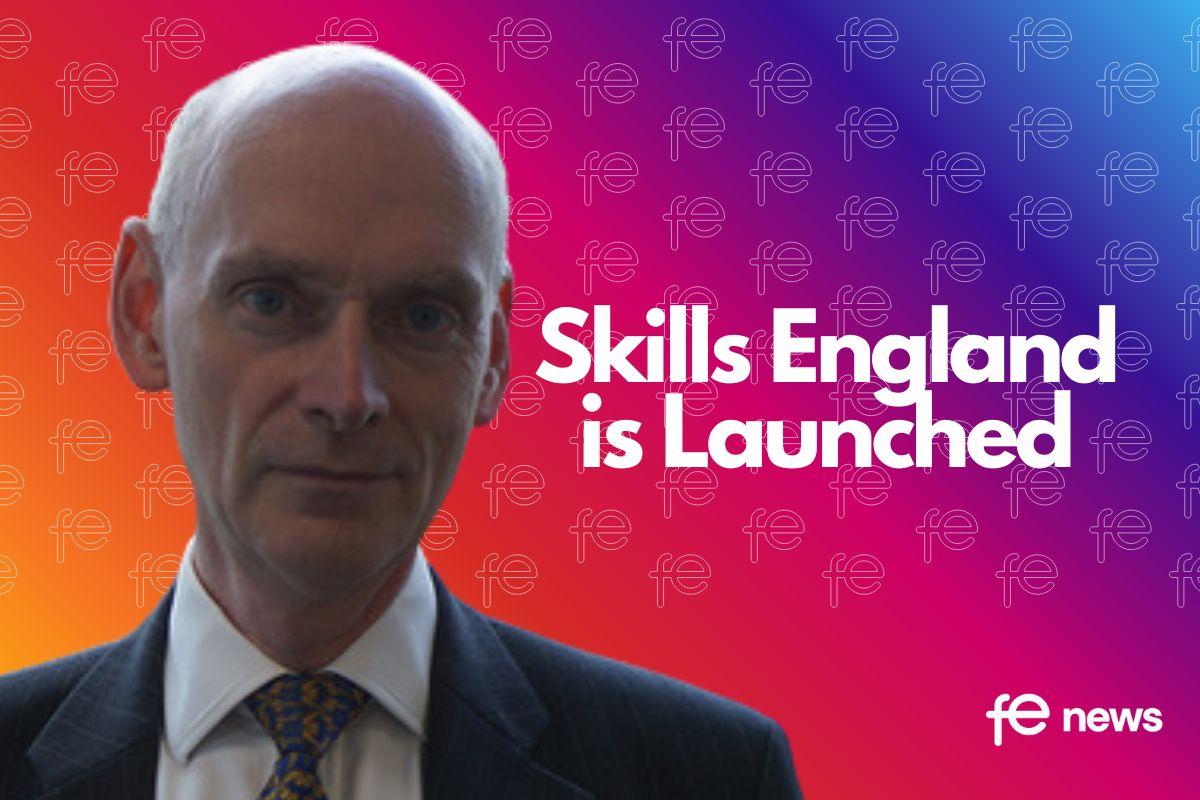How to give your graduates an edge in the jobs market

One of the key decisions for anyone considering university is whether to opt for an academic or vocational degree. This is easier if you know what you want to do with your life – say, heart surgery or investment banking – or if you have a passion for a specialist subject like Anglo-Saxon poetry. However, vocational degrees offer another distinct advantage – one that needs to be factored into any decision: they prepare students for the world of work.
This has become increasingly important given the impact of the Covid-19 pandemic on the jobs market and graduate opportunities. Companies are recruiting fewer entry-level staff and graduates, with some reports suggesting that there are now 100 graduates competing for each role. Nor is there any sign of that coming to an end soon. The Chancellor Rishi Sunak recently predicted that Britain is headed for “one of the most severe recessions this country has ever seen”.
Vocational degrees traditionally offer industry experience through sandwich courses. But right now, higher education needs to prepare all students in different and more imaginative ways to help them get ahead. That’s something we’ve been refining for many years at The London Institute of Banking & Finance with our sector-specific degrees, blended learning and an emphasis on industry exposure.
The world of work is changing at a rapid pace, and graduates will need to be agile in their thinking and flexible in how they work. They’ll also need to be resilient – to develop coping mechanisms, the ability to learn from failure, and the self-discipline to keep going.
As we come out of the Covid-19 crisis, our world and our economy will have to adapt to the ‘new normal’. That means companies need people who can strategise and plan, absorb information and analyse data to inform long-term decisions that will have a sustainable impact.
And because today’s students will have to communicate that strategic thinking, the art of communication is an area where all students – regardless of degree subject – could do with complementary training. For too long in academia, the emphasis has been on getting a point across and winning intellectual arguments, but that kind of training doesn’t help graduates when they enter the world of work.
We’ve found our students really benefit from the non-verbal communication skills we teach, such as paralinguistics and body language, in addition to the more traditional focus on presentation.
This feeds directly into the way they interact with senior people in the industry, giving them more confidence when they network, in job interviews, and crucially, when they get into work. We’re proud that 100% of our students are working or in further education within six months of graduating from LIBF, and we strongly believe that exposure to the sector and teaching soft skills is a huge contributing factor to their success.
Education is always evolving, and Covid-19 has taught us that we need to think differently – but not just in the way we use digital technologies. It’s time to update our thinking on the skills our students will need at work – whether they opt for a vocational degree or to follow their passion.
Hema Tank is Associate Dean at The London Institute of Banking & Finance











Responses